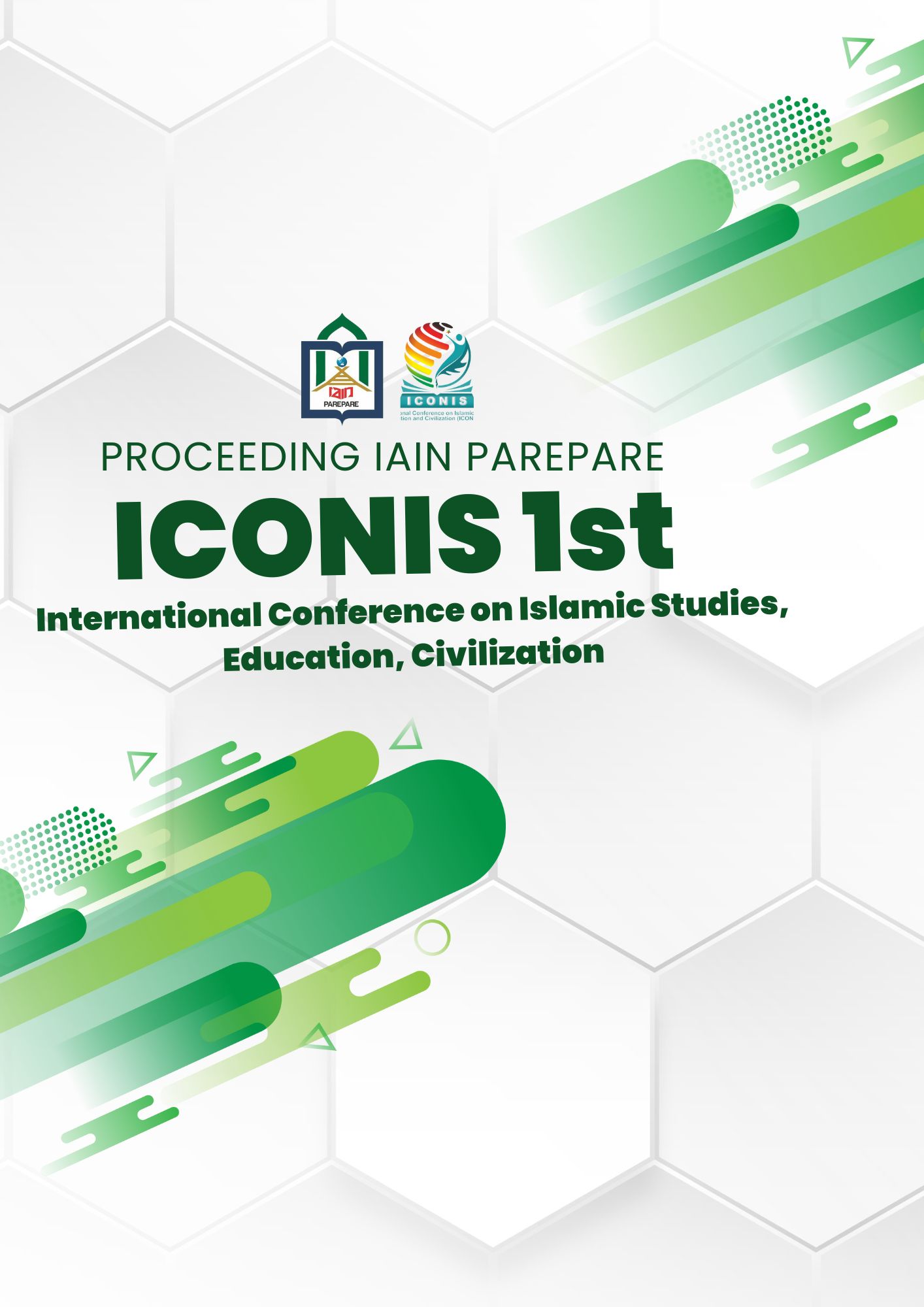Implementation of Income Zakat Practice for Lecturers (A Case Study at The Faculty of Sharia and Law, Sunan Kalijaga State Islamic University, Yogyakarta)
Kata Kunci:
Professional Zakat, Preference, Rational Action TheoryAbstrak
UPZ UIN Sunan Kalijaga is a charity organization that manages zakat on income of lecturers, employees and educational staff within the UIN Sunan Kalijaga campus. However, at the Faculty of Sharia and Law, only 18% of lecturers are registered as the muzakki. This study describes the practice of zakat on income for lecturers at the Faculty of Sharia and Law, along with their preferences in fulfilling it. This study uses a qualitative research method, with a sociological approach using Max Weber's rational action theory and Talcott Parsons' Voluntaristic Social Action theory as a knife for analysis. Data were obtained through interviews, observation and documentation, then analyzed using three activity streams, data reduction, data presentation and conclusion. From the results of the study, it was found that the majority of lecturers distributed their zakat directly to mustahik. In the perspective of rational action theory, lecturers as muzakki have considered various aspects rationally, such as speed, effectiveness, convenience, objectivity, and the benefits to be obtained, as well as the values to be considered before applying zakat on their income. Meanwhile, in voluntaristic action theory, the act of paying zakat on income is the action of the actors, in this case, the lecturers who become muzakki, whose background is their respective goals, where in determining how to pay zakat, a lecturer first considers the conditions that affect.
Unduhan
Diterbitkan
Terbitan
Bagian
Lisensi
Hak Cipta (c) 2023 Ummu Habibah Hakim, Abdul Fatahillah

Artikel ini berlisensi Creative Commons Attribution-NonCommercial-NoDerivatives 4.0 International License.


